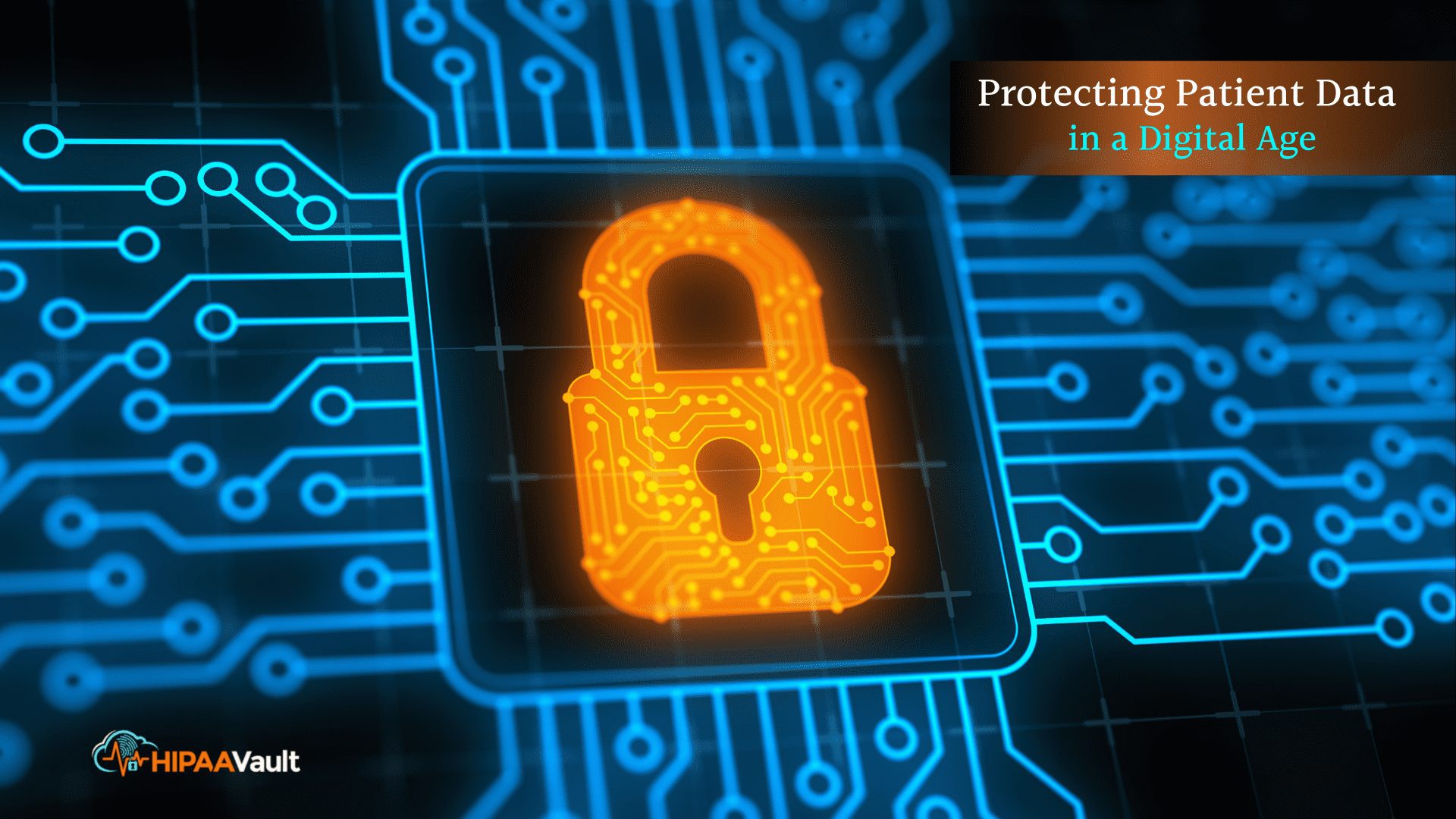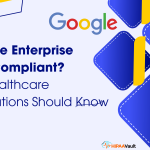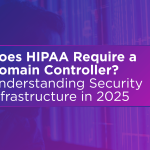
Gone are the days when a locked file cabinet and a secure office door were sufficient to safeguard patient data. The digital age has ushered in new complexities and risks, making robust cybersecurity measures essential for HIPAA compliance.
Understanding Electronic Protected Health Information (ePHI)
Electronic Protected Health Information refers to any patient health information that is created, stored, transmitted, or received electronically. This includes everything from electronic health records to lab results and billing information. As healthcare becomes increasingly digitized, the volume of ePHI continues to grow, along with the potential risks associated with its management.
The Real-World Impact of Data Breaches in Healthcare
Data breaches in healthcare can have severe consequences, extending far beyond financial losses. Let’s examine four tangible harms that can result from compromised patient data:
- Privacy Violation: The mere disclosure of personal information can cause intrinsic harm.
- Economic Damage: Individuals may lose jobs, health insurance, or housing if sensitive information becomes public.
- Social and Psychological Harm: Disclosure of certain health conditions can lead to social isolation and psychological distress.
- Identity Theft: Security breaches can expose individuals to the risk of identity theft.
HIPAA Technical Safeguards: A Comprehensive Approach to Cybersecurity
To mitigate these risks, HIPAA mandates several technical safeguards:
Access Controls: The First Line of Defense
Access controls ensure that ePHI is password-protected and limited to authorized users only. This includes:
- Unique User Identification (Required)
- Emergency Access Procedure (Required)
- Automatic Logoff (Addressable)
- Encryption and Decryption (Addressable)
Audit Controls: Tracking Data Access and Usage
Audit controls involve hardware, software, and procedural methods to monitor who accesses what data and when.
Integrity Controls: Ensuring Data Accuracy and Consistency
These controls maintain data privacy and prevent unauthorized alterations, often through encrypted backups and verification systems.
Transmission Security: Protecting Data in Motion
All data transfers must be encrypted to prevent unauthorized access during transmission.
End-to-End Encryption: Safeguarding the Three Phases of Digital Data
Like the three states of water, digital data exists in three phases, each requiring protection:
Phase 1: Protecting Data at Rest
Inactive ePHI stored in databases, backups, or spreadsheets is often a prime target for hackers. The industry standard for encryption here is Advanced Encryption Standard (AES) with 256-bit cipher strength.
Phase 2: Securing Data in Transit
Data traveling through networks requires protection. The RSA algorithm with 2048-bit cipher strength is the industry standard for this phase.
Phase 3: Safeguarding Data in Use
Active data undergoing constant change, such as database transactions, also requires protection. AES-256 encryption is typically used here as well.End-to-end encryption ensures that data is protected throughout its lifecycle, with decryption occurring only on the recipient’s device.
The Rise of Ransomware in Healthcare: A Growing Threat
Recent statistics highlight the urgent need for robust cybersecurity measures in healthcare. As of 2022, 75% of healthcare organizations reported experiencing a ransomware attack, with 61% admitting to paying the ransom to recover their data. This alarming trend underscores the critical importance of implementing strong data breach prevention strategies.
HIPAA-Compliant Hosting: A Critical Component of Healthcare Cybersecurity
Selecting a HIPAA-compliant hosting provider is crucial for maintaining the security of ePHI. These specialized providers offer expertise in implementing and maintaining the necessary technical safeguards required by HIPAA.
Implementing Robust Data Breach Prevention Strategies
Healthcare organizations must adopt a proactive approach to data security. This includes:
- Regular security audits and risk assessments
- Employee training on cybersecurity best practices
- Implementation of multi-factor authentication
- Continuous monitoring and updating of security systems
Embracing a Proactive Approach to ePHI Protection
As of 2022, while 89% of healthcare organizations have implemented end-to-end encryption for data in transit, only 55% have done so for data at rest. This gap in protection highlights the need for a more comprehensive approach to ePHI security.
Protecting ePHI in the digital age requires constant vigilance and adaptation. By implementing robust encryption methods, adhering to HIPAA technical safeguards, and partnering with a reliable HIPAA-compliant hosting provider, healthcare organizations can significantly reduce their risk of data breaches and ensure the privacy and security of patient information.
For more information on HIPAA data security or any of the services we provide, please contact HIPAA Vault at 760-290-3460. As a low-cost leader of HIPAA compliant solutions, we enable healthcare providers, business organizations, and government agencies to secure their protected health information from data breaches, threats, and security vulnerabilities.





